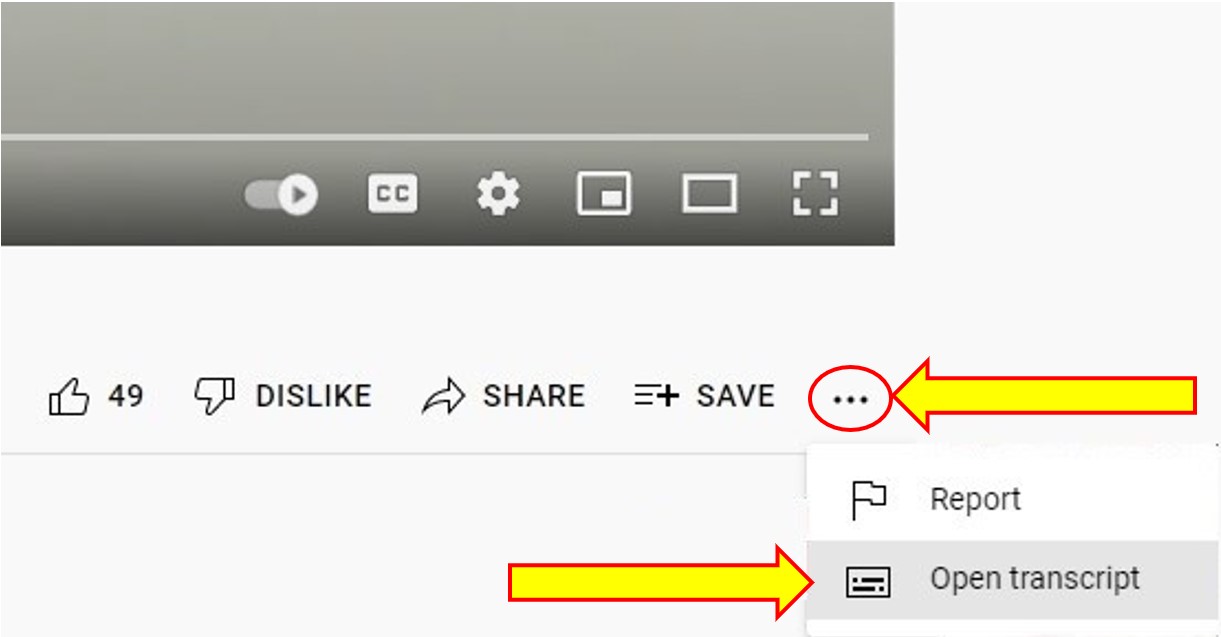7.5 Advocating for Change
Getting to Tomorrow: Ending the Overdose Crisis.
Getting to Tomorrow: Ending the Overdose Crisis. by Canadian Drug Policy Coalition. Realizing solutions to the overdose crisis by bringing communities together to find shared meaning, understanding, and purpose, with the goal of advancing a public health and human rights approach to drug policy. www.gettingtotomorrow.ca(2)
Transcript
To Access the Video Transcript:
1. Click on “YouTube” on the bottom-right of the video. This will take you directly to the YouTube video.
2. Click on the More Actions icon (represented by three horizontal dots)
3. Click on “Open Transcript”

Food For Thought
- Reflect on the concept of prohibition. How could quality control be changed if substance/use policies were built on a public health approach?
There are other advocacy groups across Canada that are speaking up to say the current approach is not working.
Click on the members of the Canadian Drug Policy Coalition members website(3). (Interactive Map)
Figure 7.5.1 Canadian Drug Policy Coalition (3)
- Please click on the “Moms Stop the Harm”(4) website.
- What was the most significant learning for you? Why?
- Do you think websites or programs like this are effective? Why or why not?
- How could someone get involved in supporting policy changes?
Does this mean that Canadian lawmakers and policy makers have not made changes in the last thirty years to reflect a more evidence-based approach? No, there have been significant changes to policies.
Please review the following timeline (5)for CBC/KIDS … shows history of How Marijuana became legal in Canada.
Food For Thought
- Do you see other changes in policy between the 1990’s and today?
- What is the biggest change you see?
- What areas do you think need further policies? Who would be responsible?
As we have explored in this chapter changes are happening. The current challenge, suggested by groups like the Canadian Drug Policy Coalition, is a dichotomy between the funding and support to harm reduction programs and making the legal changes that could make piecemeal harm reduction programs obsolete. What role does a Social Service worker play in this arena?
Please note that as of May, 2022, the British Columbia Government will be implementing a new law that sees small amounts of certain substances decriminalized. This is an exciting step and the rest of the country will be watching closely to see what the result may be. Read below about the exemption from Health Canada: B.C. receives exemption to decriminalize possession of some illegal drugs for personal use[6]
Attribution:
This Chapter is an adaptation of Exploring Substance Use in Canada by Julie Crouse is licensed under a Creative Commons Attribution-NonCommercial-ShareAlike 4.0 International License. Changes include adding material.
References
Figure 7.5.1. – Canadian Drug Policy Coalition. (n.d.-b). Coalition Members [Photo]. Canadian Drug Policy Coalition. https://www.drugpolicy.ca/about/canadian-drug-policy-coalition-members/
- Canadian Drug Policy Coalition. (2020, Oct. 5). Getting to tomorrow: Ending the overdose crisis. [Video]. Youtube. https://www.youtube.com/watch?v=1IEk1iYtJGw
- Canadian Drug Policy Coalition. (2020b, October 5). Getting to Tomorrow: Ending the Overdose Crisis [Video]. YouTube. https://www.youtube.com/watch?v=1IEk1iYtJGw
- Canadian Drug Policy Coalition. (2022, May 30). Coalition Members – Canadian Drug Policy Coalition. https://www.drugpolicy.ca/about/canadian-drug-policy-coalition-members/
- Moms Stop the Harm. (2021). Moms Stop the Harm website. https://www.momsstoptheharm.com/
- CBC Kids News. (2018, October18). Timeline: How cannabis became legalized in Canada.https://www.cbc.ca/kidsnews/post/timeline-how-marijuana-became-legalized-in-Canada
- Government of Canada. (2022). B.C. recieves exemption to decriminalize possession of some illegal drugs for personal use. https://www.canada.ca/en/health-canada/news/2022/05/bc-receives-exemption-to-decriminalize-possession-of-some-illegal-drugs-for-personal-use.html

